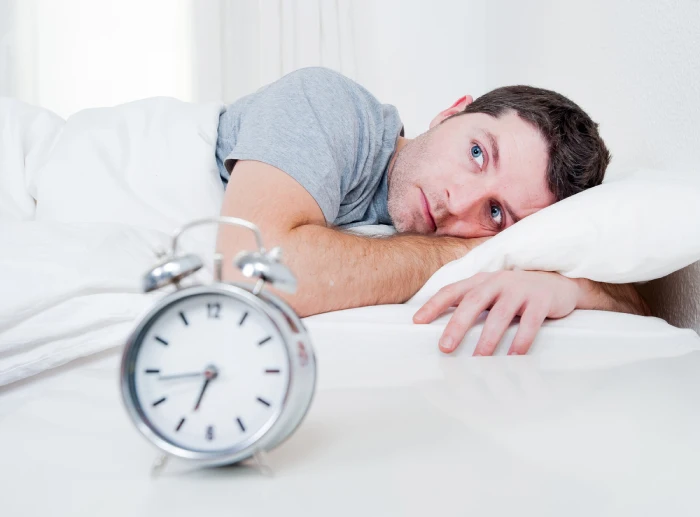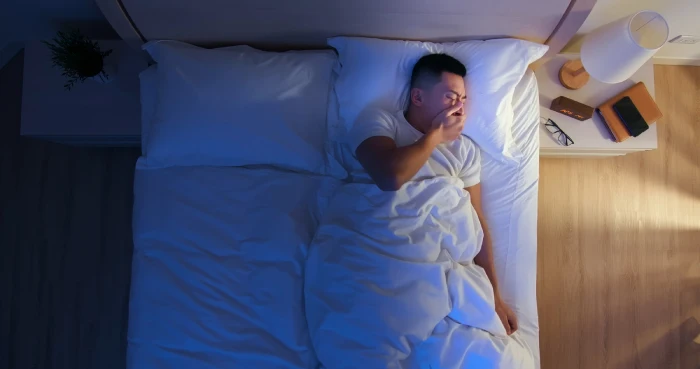Too Many Requests from Your Network
Please complete verification to access this content.
The accumulation of urine in a toilet over an extended period can have several consequences. Bacteria tend to proliferate, leading to unpleasant odors and potential health risks.
Additionally, the prolonged presence of urine may result in stains and discoloration on the toilet surface.
Furthermore, clogging and plumbing issues may arise due to the buildup of uric acid crystals.
This article explores these effects in detail, providing informative insights into the importance of proper toilet hygiene and maintenance practices for individuals seeking a clean and healthy environment.
The Buildup of Bacteria and Odor
The prolonged presence of urine in a toilet can lead to the accumulation of bacteria and the development of unpleasant odors. When urine remains stagnant in the toilet bowl, it provides an ideal environment for bacterial growth. Bacteria thrive in warm and moist conditions, and they feed on the urea present in urine.
As time passes, this buildup of bacteria can result in a foul smell emanating from the toilet bowl. Additionally, if left uncleaned, minerals and other substances found in urine can form stubborn stains on the surface of the toilet bowl.
To prevent these issues, regular cleaning with appropriate toilet bowl cleaners or cleaning products is recommended. These products are designed to effectively remove bacteria and odor-causing agents while also eliminating stains and maintaining cleanliness.
Potential Stains and Discoloration
Potential stains and discoloration may occur when urine is left in a toilet for an extended period. This can be attributed to the chemical composition of urine, which includes urea, urobilin (a pigment responsible for its yellow color), and other contaminants.
Over time, these substances can react with the minerals present in the toilet bowl, resulting in unsightly stains and discoloration. It is important to address this issue promptly to maintain cleanliness and hygiene in the bathroom.
Here are some effective cleaning methods that can help remove stains and restore the toilet bowl’s original appearance:
- Regularly scrubbing with a toilet brush and mild detergent.
- Using bleach or acidic cleaners specifically designed for removing tough stains.
- Applying natural remedies like vinegar or baking soda paste, followed by scrubbing.
Increased Risk of Clogging and Plumbing Issues
Increased risk of clogging and plumbing issues can arise from the accumulation of urine in a toilet over an extended period. When urine is left in a toilet for too long, it can lead to toilet blockage and hinder the proper flow of water through the pipes. Urine contains various substances, such as minerals, salts, and bacteria, which can solidify and form deposits over time. These deposits can accumulate in the internal components of the toilet, including the trapway and drain pipe, causing blockages that impede flushing efficiency.
To prevent such problems, regular plumbing maintenance is crucial. This includes routine cleaning of toilets to remove any residue or buildup, as well as periodic inspections by professionals to identify potential issues before they escalate. By addressing these concerns promptly, homeowners can avoid costly repairs and ensure smooth functioning of their plumbing systems.
This increased risk of clogging due to urine accumulation also raises health concerns and contributes to the spread of germs within households.
Health Concerns and Spread of Germs
Urine accumulation in a toilet over an extended period can contribute to the spread of germs and pose health concerns within households. This is due to the fact that urine contains bacteria, viruses, and other pathogens that can survive for a significant amount of time in stagnant water. The spread of diseases becomes more likely as these microorganisms multiply and are transferred through contact with contaminated surfaces or aerosolized particles.
Moreover, the impact on water quality should not be disregarded. The decomposition of urine can release ammonia and other harmful chemicals into the water, affecting its composition and potentially contaminating water sources if not properly managed.
To mitigate these risks, it is crucial to practice proper toilet hygiene and maintenance.
Transition: Understanding the potential health risks associated with urine accumulation highlights the importance of implementing effective strategies for maintaining proper toilet hygiene and cleanliness.
Tips for Proper Toilet Hygiene and Maintenance
Maintaining proper toilet hygiene and cleanliness is essential for minimizing the risk of germ spread and ensuring a healthy environment within households. To maintain a clean and hygienic toilet, regular cleaning is necessary.
Start by using an appropriate toilet cleaner or disinfectant to remove any dirt or stains. Scrub the bowl thoroughly with a brush, paying special attention to areas under the rim where bacteria can accumulate. Don’t forget to clean the seat, handle, and surrounding surfaces as well.
It is also important to prevent mold growth in the toilet area. Make sure there is adequate ventilation to reduce moisture levels, as mold thrives in damp environments. Additionally, consider wiping down surfaces regularly with a mildew-resistant cleaner to prevent mold from developing.
Frequently Asked Questions
Can Leaving Pee in the Toilet for a Long Time Lead to the Growth of Mold?
Leaving urine in the toilet for an extended period can lead to the growth of bacteria due to its composition. This highlights the importance of maintaining proper bathroom hygiene to prevent potential health risks.
What Are the Potential Health Risks Associated With Leaving Pee in the Toilet for an Extended Period?
The potential health risks associated with leaving pee in the toilet for an extended period include the possibility of bacterial growth, which can lead to a decrease in indoor air quality and potentially contribute to respiratory issues or infections.
Does Leaving Urine in the Toilet Promote the Breeding of Mosquitoes or Other Insects?
Leaving urine in the toilet for an extended period does not promote breeding mosquitoes or insect infestation. Mosquitoes require standing water to lay eggs, and urine alone does not provide suitable conditions for their reproduction.
How Long Does It Take for the Odor of Urine to Become Noticeable in the Bathroom?
The length of time it takes for urine to become noticeable in the bathroom depends on various factors, such as ventilation and temperature. Additionally, leaving pee in the toilet for an extended period may lead to staining of the toilet bowl and potential clogging.
Can Leaving Pee in the Toilet for a Long Time Affect the Quality of the Water in the Toilet Bowl?
Leaving urine in the toilet for an extended period can impact the cleanliness of the toilet and potentially affect the quality of water in the bowl. It may also have negative consequences on the plumbing system.






